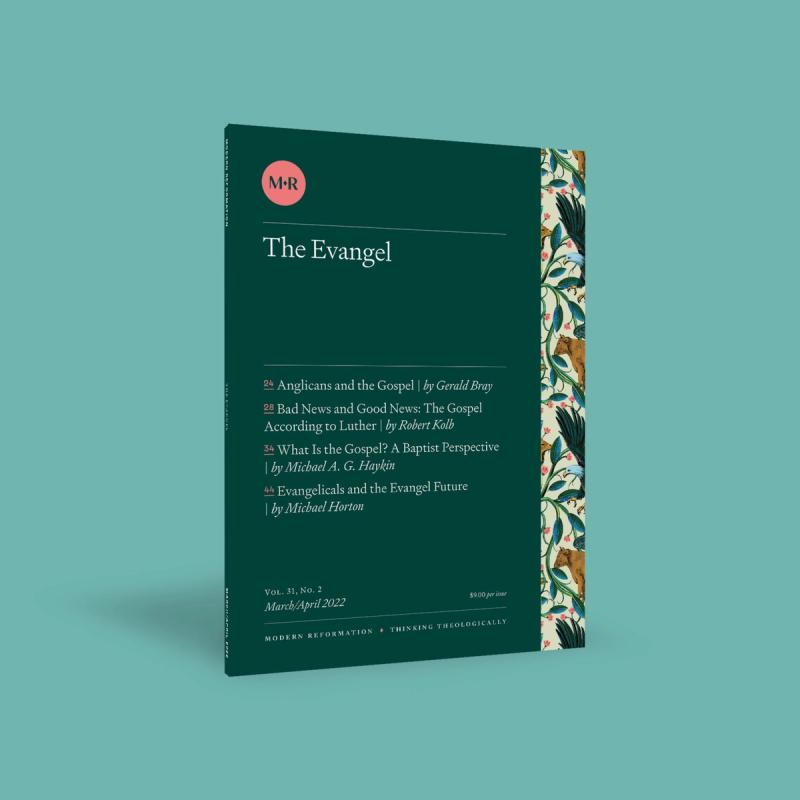In the late 1520s, Martin Luther wrote a letter to Henry VIII of England in which he responded to the king’s charges of “detestable heresies.” Henry was particularly outraged by Luther’s notion of “evangelical liberty,” by which he thought Luther was calling for a freedom from all law. To Henry VIII, Luther was the “man of lawlessness” (apparently, he hadn’t read Luther’s 1523 treatise On Secular Authority: To What Extent It Should Be Obeyed). Luther responded by assuring King Henry that none of his writings were in support of anarchy but solely written “in the cause of the gospel.” In this letter, Luther confirmed that:
[He taught] none other thing but that we must be saved by faith in Jesus Christ, Son of God, who suffered for us, and was raised again, as witnessed in the gospel and the epistles of the apostles. For this is the head and foundation of my doctrine, upon which afterward I build and teach charity toward our neighbor, obedience unto the heads and rulers of countries, and finally to crucify the body of sin, like as the doctrine of Christ commands.
Our English term “gospel” originates from the Old English “godspel,” which itself is probably a combination of “gòd” (good) and “spel” (tidings). Thus “gospel” is the English translation of the Greek εὐαγγέλιον, which was transliterated into Latin as evangelium. Hence in English, “evangel” is synonymous with “gospel.” For Luther, the “head and foundation” of his doctrine was the “evangel.” This is why, as Michael Horton points out in his essay in this issue, Luther preferred that he and his followers not be called “Lutherans” (as the Roman Catholics pejoratively referred to them) but as “evangelicals.”
In our own day, the term “evangelical” is a tough one to pin down, and there are various ways to define what we mean by it. In many of those definitions, the “good news” of the evangel has nothing to do with it. In this issue, therefore, we’re asking “What hath evangelicalism to do with the evangel?” and taking a particularly historical approach to finding the answer.
In our Converse section, Gerald Bray (Anglican), Robert Kolb (Lutheran), and Michael Haykin (Baptist) reflect on the following question: “What is the gospel, how do we recognize it, and judge whether we are being faithful to it?” Then, in the Persuade section, Michael Horton discusses where evangelicalism currently stands with respect to the gospel.
This issue also includes an interesting example of the extent of Reformation writings, beginning with a portion of Lutheran Georg Aemelius’s poem “The Four Evangelists” (1539), translated by Casey Carmichael. Zach Purvis entertains with more marginal notes from Luther—this time from his reading of Melanchthon. And there is much more besides.
Join us, then, in considering what that ancient writer to Diognetus called “the sweet exchange, the incomprehensible work of God, the unexpected blessings, that the sinfulness of many should be hidden in the one righteous person, while the righteousness of one should justify many sinners!”
Joshua Schendel Executive Editor






